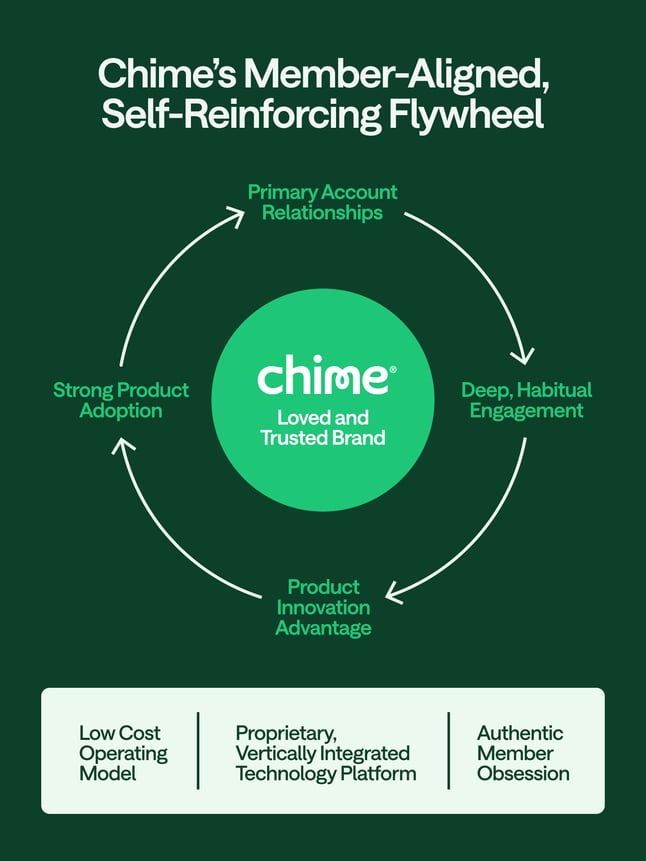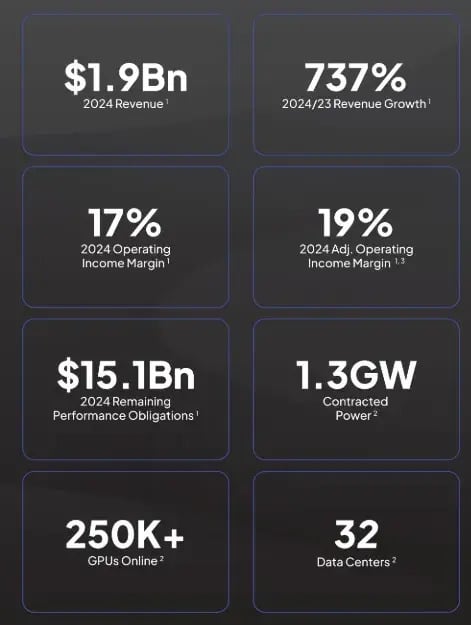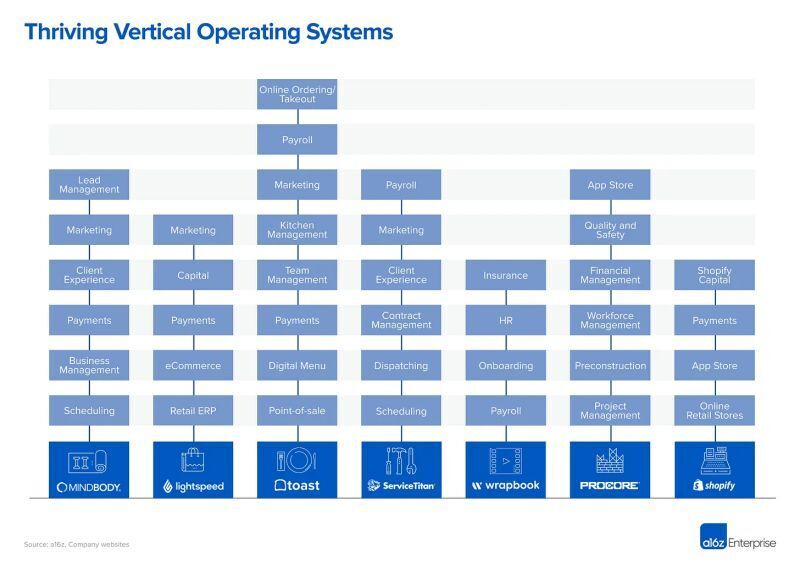

I took the train between Boston, Mass and Providence, Rhode Island for two years, five days a week. It was a soul crushing commute - I walked two miles each morning to catch the 8:20AM train out of South Station (someone stole my bike… twice) to toil in the bowels of a private equity firm for 12 hours, eat dinner in the conference room (takeout nachos do not travel well), gain 20 pounds, and catch the 8:20PM train home.
For my fellow commuters / cubicle mates, we used to call this existence “life on the rails”.
There were three trains each morning, each with varying speeds and prices.
The Acela Express required a premium ticket (at least $50 bucks each way), and got you there in 28 minutes flat.
The Regional Acela, about half the price, took about 40 minutes, and was always delayed.
And the local commuter rail, a dusty, perhaps coal combustion heap of garbage, stopped in basically every neighborhood between here and Pawtucket, but was reliable, and cost maybe a quarter of the price.
Payment rails are similar - you pay for speed, reliability, and cost.
And as a controller, you have three “main” rails your payments can travel on.
Welcome to payments 101.
Credit Card Networks - The Acela Express
Speed: Transactions are authorized almost instantly, making credit card payments extremely fast from the payer's perspective. However, the actual settlement of funds (the transfer of money from the payer's bank to the payee's bank) typically takes one to three business days.
Reliability: Credit card transactions are highly reliable. They are backed by sophisticated fraud detection systems and consumer protection policies. However, transactions can be disputed by cardholders, which can lead to chargebacks.
Cost: Credit card transactions can be costly for merchants due to processing fees. These fees are a percentage of the transaction amount and can vary depending on the card network and the merchant's payment processor. For the cardholder, costs come in the form of interest rates if balances are not paid in full. However, if you do it right, you can get cash back.
Bank Wire Transfers - The Acela Regional
Speed: Wire transfers are the fastest method for moving money, often occurring within the same day domestically, and within a few days for international transfers. They are the preferred method for urgent or time-sensitive transactions.
Reliability: Wires are extremely reliable and secure, with a very low risk of failure. Once a wire transfer is initiated, it cannot be easily reversed, which reduces the risk of fraud or disputes.
Cost: Wire transfers are typically the most expensive option among the three. Fees can range from $10 to $30 or more per transfer, depending on the banks involved and whether the transfer is domestic or international. These higher costs reflect the speed and reliability of the service.
ACH Transfers - The Commuter Rail
Speed: ACH transfers are slower compared to credit card transactions. The processing time can range from a few hours to a few business days, depending on the banks involved and the time the transaction is initiated. This is because they are “batched” on their way through the Federal Reserve Clearing House System. However, recent advancements have led to the introduction of same-day ACH transfers, albeit with some limitations.
Reliability: ACH is considered reliable, especially for routine transactions like payroll deposits or recurring bill payments. The risk of failure is relatively low, but transactions can be rejected for reasons like insufficient funds or incorrect account details. You also can cancel an ACH transfer if needed.
Cost: ACH transfers are generally more cost-effective than credit card transactions, especially for the payee. They often come with lower or no fees for consumers, making them a preferred method for regular, non-urgent payments.
Summary
Credit Card Networks: Fast authorization, high reliability with consumer protections, but costly for merchants.
Bank Wire Transfers: Fastest and highly reliable, ideal for urgent transfers, but most expensive.
ACH Transfers: Slower but improving, reliable for routine transactions, cost-effective.
The good news: you have all three options at your disposal with modern spend tools and can even consolidate all your spend — including physical cards, virtual cards, reimbursements, bills, and ACH and wires — onto one platform. See how the good folks at Alchemy save 3 days a month closing the books.

My commuting days are behind me, but one gem from 'life on the rails' I miss is Johnny, a train conductor from Dracut, MA, with an accent so thick you could slice it. He was like the unofficial mayor of the Acela Express. If you think you've heard a Massachusetts accent, wait till you meet someone from Dracut—it jolts your senses like half a bottle of Axe body spray in a boys middle school locker-room.
Johnny had a soft spot for us regulars on the Acela Regional who held monthly passes. When we got out of work early, he'd sneak us into the Acela Express's drink cabin for the 7:20 PM ride. It felt like he was gifting us a 25th hour, just enough to make it home early to eat with families.
But then, the great train betrayal of our time unfolded. Johnny discovered that Dave Samson, one of our “own”, had been lying about his monthly pass for over a year. He didn’t even have a ticket. The sense of betrayal Johnny felt was palpable. There's a deeper lesson in there somewhere about trust and community.
But really, the takeaway is: Dave Samson, you're the reason we can't have nice things. People don’t forget that kind of train treason.
A word from our sponsor - Brex
You will be at a competitive disadvantage if you don’t figure out how to support and automate your spend management globally.
Don’t shoot the messenger; that’s just one critical takeaway from a Brex-commissioned Forrester Consulting survey of 300 global finance execs. While one in three execs don't believe their organization will be ready, there’s a path forward.
Forrester and Brex will show it to you during a Feb. 15 webinar. They’ll detail the correlation between global spend capabilities and operational efficiency, outline a modern approach that’s winning, and offer recs for must-have capabilities to gain a competitive edge.
Run the Numbers
Lee Kirkpatrick was Twilio’s CFO when they went public in 2016, one of the most publicized offerings of that year. We spend the episode going through the nuances of an initial public offering - the before, during and after.
While we concentrate on a period of time and a specific IPO, this episode is valuable evergreen advice for anyone who wants the inside baseball on initial public offerings, and what a CFO is responsible for throughout the process.
In our conversation, we dig into:
🧮 The process of picking bankers and lead left investors
🧮 How share pricing discovery works
🧮 Deciding which metrics you will disclose and guide to and
🧮 Prosecuting your first earnings call as a public cfo
🧮 Much more
Listen now 👇
Quote I’ve Been Pondering
“They watch you put the work in,
Then they feel entitled…
It’s about what I can teach you,
Not what I can buy you.”
-Jadakiss







